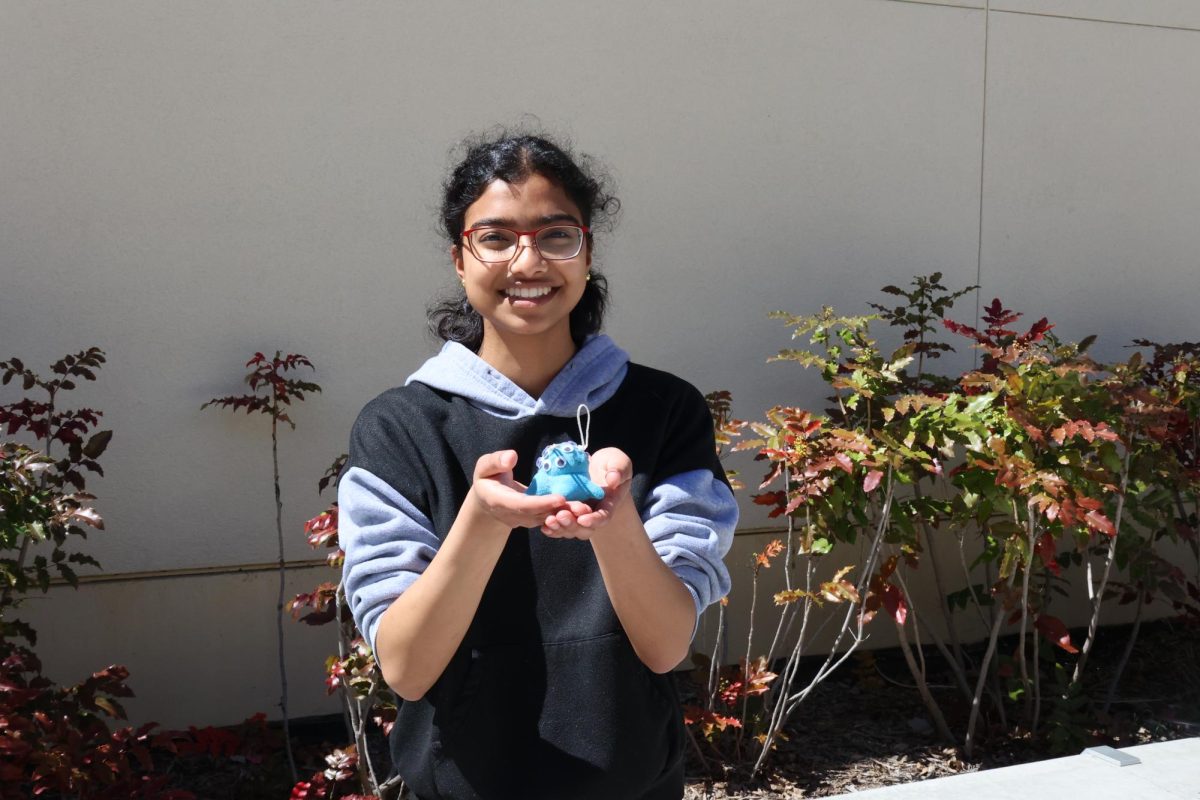Written by Joanna Huang
On top of balancing coursework, extracurriculars and free time, international students must learn to rapidly adjust to a new country. Senior Ali Havaei, who has been attending Gunn since the start of his sophomore year, moved from Iran without speaking English.
Havaei grew up in Isfahan, a city in central Iran home to 1.9 million people. He took an entrance examination to be admitted into one of the city’s more selective public high schools.
Havaei’s journey to America started with an unexpected win by Havaei’s mother. “It was really surprising…we weren’t planning to move here, and my mom suddenly said, ‘I won the green card lottery’ and we were like, ‘Oh that is really exciting,’” Havaei said. “At the same time I didn’t know what the best thing to do was. It’s a new experience—it’s something new to do.”
The family contemplated the sacrifices and upsides of leaving home. “[The thought of moving away] was exciting but at the same time a little bit frightening because I was going to lose all my friends and I didn’t speak English,” Havaei said. His parents would also get new jobs and lose a bit of financial power. Nonetheless, the family was drawn to the universities and work opportunities found in America. “So we decided…we would take our chance in order to have a better future,” Havaei said.
Upon arriving in America, Havaei worked hard to practice his English. “The most important thing that has changed is my speaking language,” Havaei said. “I speak English many hours a day and I try to learn English.” After a year of English Language Learners (ELL) class and additional efforts outside the class, he improved his second language.
Havaei made sure to observe the American lifestyle firsthand. “I started to listen to the music that Americans listen to to try to get to know them better and learn what they like to do,” he said. Havaei also began reading books that are popular with Americans, some of which he had previously read in Persian.
Academically, Havaei’s previous school prepared him well for Gunn. While he found the math and science courses of his previous high school especially rigorous, math seemed easy to him after he moved. Furthermore, he had a tolerance for certain academic cultures. “My high school back there was so competitive and rigorous,” Havaei said. “All the classes were so hard. But you know, the interesting thing about that is, although it was like that and so competitive, stress levels weren’t so high. I don’t know why. Stress levels were pretty good—I mean I was never personally stressed about school back then.” One difference he noticed between his previous high school and Gunn was the option to pursue electives at Gunn.
At Gunn, students who move from a different country to America often join other inter- national students in the ELL class. Havaei’s advice to Gunn’s future international students is to spend time with not only ELL peers, but American students. “I would say try to get to know them and see what they do and see how their lives are here,” Havaei said. “Try to get the culture and adapt. Mostly learn English by reading books, listening to English music or watching English movies. I think the most important first step is to learn English.”












